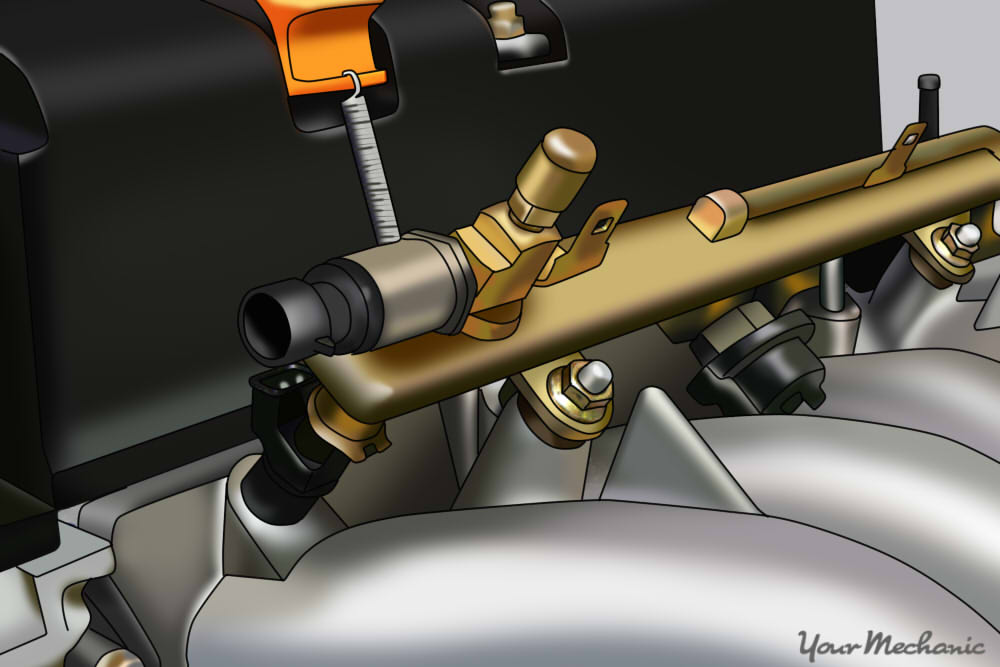Fuel Pressure Sensors Uncovered: Your Ultimate Guide to Understanding and Troubleshooting
from web site
In the world of automotive technology, understanding the components that keep your vehicle running smoothly can be a game changer for both enthusiasts and everyday drivers. One such vital component is the fuel pressure sensor. This small but essential device plays a crucial role in ensuring your engine receives the proper fuel pressure for optimal performance. Whether you are experiencing engine issues or simply curious about how your vehicle operates, becoming familiar with the fuel pressure sensor can empower you to make informed decisions about your car.
In this ultimate guide, we will delve into the ins and outs of fuel pressure sensors. From their function and importance to common troubleshooting tips, this comprehensive overview will equip you with the knowledge needed to understand how these sensors affect your vehicle's performance. By the end of this article, you will have the tools you need to diagnose potential issues and maintain your vehicle more effectively. Let’s get started on uncovering the intricacies of fuel pressure sensors and how they play a pivotal role in your vehicle's engine management system.
Types of Fuel Pressure Sensors
Fuel pressure sensors come in several types, each designed to measure the pressure of fuel within the system accurately. The most common type is the piezoresistive sensor, which relies on changes in electrical resistance to detect pressure variations. These sensors are known for their accuracy and reliability, making them a popular choice in modern vehicles. They function well across a wide range of temperatures and pressures, allowing for consistent performance.
Another type is the capacitive fuel pressure sensor. This sensor operates on the principle of capacitance changes caused by variations in fuel pressure. The design typically involves a diaphragm that flexes with pressure changes, altering the capacitance. Capacitive sensors are often favored for their quick response times and robustness in different environmental conditions, providing reliable readings over extended periods.

Finally, there are resistive fuel pressure sensors, which utilize a mechanical element that moves with the pressure changes, altering the resistance of the circuitry. These sensors are generally simpler and more cost-effective, making them suitable for various applications. However, they may not offer the same level of precision or durability as their piezoresistive and capacitive counterparts, but they are widely used in older vehicles and less demanding settings.
Common Issues and Troubleshooting
Fuel pressure sensors are critical components in modern vehicles, and they can experience a variety of issues that affect their performance. One common problem is sensor failure, which can lead to inaccurate readings. When the sensor malfunctions, it can result in poor engine performance, difficulty starting the engine, or even stalling. It's essential to monitor the symptoms closely, as they often indicate that the fuel pressure sensor may need inspection or replacement.
Another frequent issue is electrical problems, such as damaged wiring or corroded connectors. These issues can disrupt the signal sent from the sensor to the engine control unit, causing erratic readings and poor fuel management. To troubleshoot, visually inspect the wiring harness and connectors for any signs of wear or damage. Cleaning corroded connections or repairing frayed wires can often resolve these types of problems and restore proper functionality.
Fuel contamination can also affect the performance of the fuel pressure sensor . If the fuel system is compromised by dirt, debris, or water, it can lead to sensor errors and malfunction. Regular maintenance, including fuel filter changes and using quality fuel, can help prevent these issues. If you suspect fuel contamination, testing the fuel pressure and inspecting the fuel system for contaminants will be crucial in diagnosing the problem effectively.
Maintenance Tips for Optimal Performance
To ensure the longevity and reliable operation of fuel pressure sensors, regular inspections are crucial. Start by checking all electrical connections and wiring harnesses. Loose or corroded connections can lead to inaccurate readings and system malfunctions. Cleaning any debris and dirt around the sensor can prevent contamination that may affect performance.
It is also important to monitor fuel quality as poor fuel can lead to sediment build-up which negatively impacts the fuel pressure sensor. Using high-quality fuel and adding fuel system cleaners periodically can help maintain optimal function and reduce the risk of clogging. Additionally, keeping an eye on your fuel filter and replacing it as recommended can minimize contaminants entering the fuel system.
Lastly, if you notice any symptoms of performance issues, such as erratic engine behavior or warning lights on the dashboard, it is advisable to test the fuel pressure sensor. Professional diagnostics can identify sensor faults early, allowing for timely replacements and ensuring your vehicle runs smoothly. Regular proactive measures will help you avoid more extensive repairs down the road, keeping your fuel system in excellent condition.
